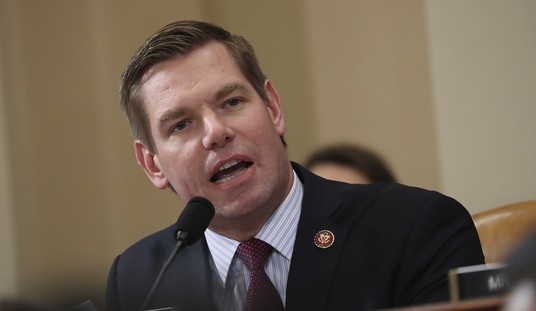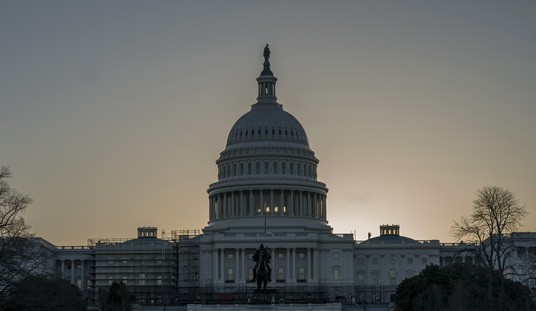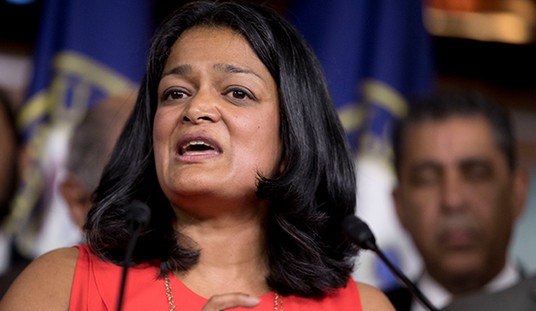As we’ve seen time and again, President Trump likes to say things in public that don’t become policy in private.
Thankfully.
One “brilliant” idea he had as candidate Trump way back on the 2016 campaign trail involved punishing women who have abortions. Like many things that come spewing out of his mouth, he didn’t really think about what he was saying. The idea was sure to resonate well with his starry-eyed audience, though, so he went forth and proclaimed it.
Not long after, Trump went back on his statement and announced that abortionists should receive punishment, not the women; they are victims. Unfortunately, the damage had already been done. Trump had harmed the pro-life movement, one that truly takes a compassionate pro-woman and pro-baby approach.
In his fourteen months in office, President Trump has said many things that made for outrageous soundbites but didn’t really become reality. Again, this is a good thing.
On Monday, the president spoke in New Hampshire about the ongoing opioid crisis. We can all agree that it is ravaging our nation. Overdose deaths are at an all-time high, from both prescription and illegal drugs, and it is reaching into every corner of the country. All ages and races are affected, and economic status means nothing. There are addicts everywhere and unfortunately, a portion of them will die because of their addiction.
During his speech, the president proposed the death penalty for drug dealers. He spoke of “getting tough” on these vile individuals who help to destroy lives. He said he doesn’t want this problem at the end of seven years (following his expected second term).
That sounds wonderful. After all, none of us wants a drug crisis, overdose deaths, and broken communities and families. But the president is way off base.
Proposing the death penalty for drug dealers feels great when you say it, like you’re almost sticking it to the bad guy. “Ha! You want to do that? You’ll get death.” Many in the New Hampshire crowd agreed as they gave him a standing ovation at the end of his remarks.
But this idea is not based in reality, for several reasons.
As my title states, I am pro-death penalty. I truly believe that if you commit murder and take the life of another individual, willingly and knowingly, that your life should be taken. Forensic science has advanced enough to where DNA evidence often convicts in cases that may have been questionable years before. This is a good thing. There is no way to get around the scientific proof that places someone at the scene of the crime, on the body, with blood or fluid, and guilty of murder. However, I’m aware that plenty of conservatives feel differently than I do.
Let’s be honest, though. Drug dealing is not a violent crime. You are not ending the life of another person in that instant. Buyers are fully aware of what they’re doing as they purchase drugs to meet their “need” of addiction. Drug dealing is a heinous, immoral practice. So is taking drugs. Both sides are at fault for engaging in it.
This is one reason that the death penalty shouldn’t be handed down to drug dealers. Instead, they should rot in prison for an appropriate amount of time. That time may be for their natural life.
The second reason is perhaps the biggest of all. Actual medical doctors are more at fault for the current crisis than we care to admit. It’s much easier to look at the drug-dealing thug on the street corner and conclude that he is ruining communities than it is to say the same of that clean-cut, educated guy in a white coat who tests you for strep at your local clinic.
The former director of the CDC said as much in 2016, emphasis mine.
This crisis was caused, in large part, by decades of prescribing too many opioids for too many conditions where they provide minimal benefit and is now made worse by wide availability of cheap, potent, and easily available illegal opioids: heroin, illicitly made fentanyl, and other, newer illicit synthetic opioids. These deadly drugs have found a ready market in people primed for addiction by misuse of prescription opioids.
While we implement these emergency response strategies, it is also important that we look upstream and prevent opioid use disorder in the first place —this starts with improving how providers prescribe opioids for pain treatment. CDC’s Guideline for Prescribing Opioids for Chronic Pain is an excellent starting point. There are safer drugs and treatment approaches that can control pain as well or better than opioids for the vast majority of patients. We must reduce the number of Americans exposed to opioids for the first time, especially for conditions where the risks of opioids outweigh the benefits. In addition, state policies should facilitate better use of prescription drug monitoring programs.
The source of the problem is upstream, not down. Keeping patients from getting addicted in the first place is an absolute necessity. They will not seek illegal options to feed their habit if their habit never began in the first place.
Common sense. But Trump doesn’t focus on medical providers, only illegal drug dealers.
The president has some support in the GOP corner of Congress for his idea, but it remains to be seen whether it will become actual policy. Enough Republicans are either against it completely or rightly leery of such an extreme – and off base – tactic for dealing with this rising crisis.
I sympathize with the broken communities around our nation. There are far too many lives that have been destroyed by drug use and abuse. It is truly an epidemic.
However, while being a supporter of the death penalty for violent crime and airtight, proven cases, I cannot support the same for drug dealers.
It will do nothing to stem the tide, as many executions are not carried out. In that case, why not harsh prison sentences?
It does not address the real source of the problem, prescription abuse by doctors. Why not hold them accountable and prosecute? Make them afraid.
It is yet another bad idea from a president whose words often don’t translate into action.
We can do better than blanket statements that lack real depth and won’t touch the problem. Our neighborhoods, communities, towns, and cities depend on it.
Follow Kimberly Ross on Twitter: @southernkeeks.













Join the conversation as a VIP Member